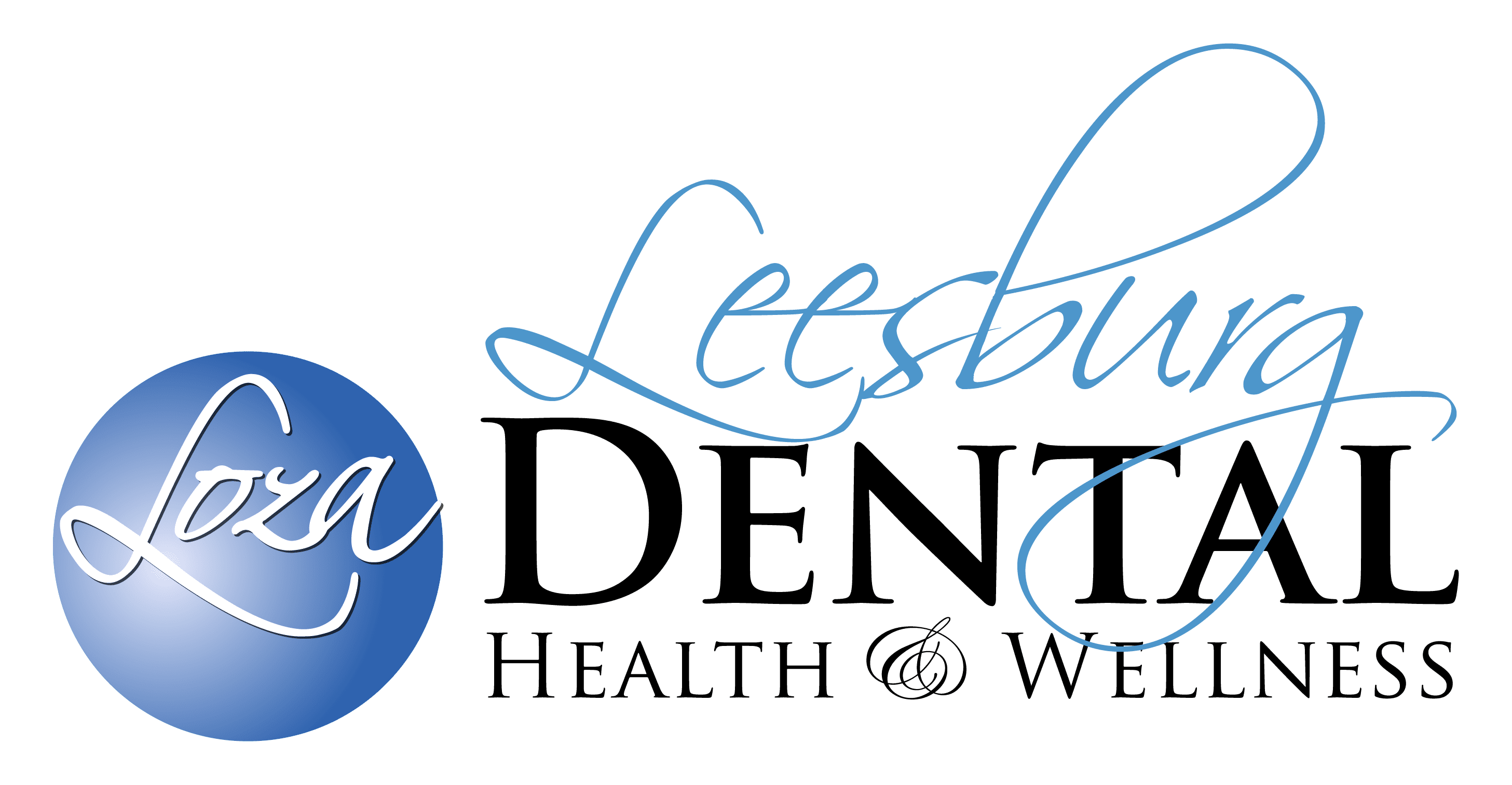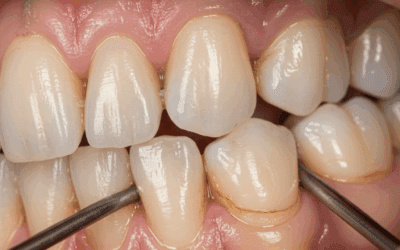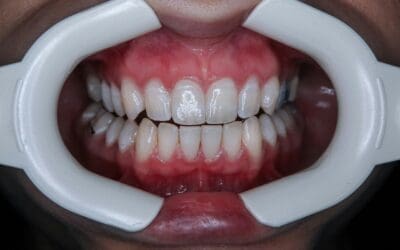As a dentist, I know a sudden toothache can be alarming and painful. Your first thought might be, “What do I do now?” This guide is designed to provide you with clear, actionable steps for managing a toothache at home and help you determine when it’s time to call our office for an emergency appointment.
My #1 piece of advice: The most important thing you can do is stay calm and act quickly. Ignoring the pain can lead to more serious issues down the road.
Immediate Steps to Take at Home
When a toothache strikes, try these simple remedies to alleviate the pain and prevent the problem from worsening before you can see a dentist.
- Rinse Your Mouth with Warm Salt Water: This is a classic and effective first step. A saltwater rinse can help reduce inflammation and clean the area around the painful tooth. Mix half a teaspoon of salt in an 8-ounce glass of warm water.
- Gently Floss the Area: Food particles or debris stuck between your teeth can sometimes be the cause of the pain. Carefully flossing can dislodge anything that might be irritating the tooth or gums.
- Apply a Cold Compress: A bag of frozen peas or an ice pack wrapped in a towel can help numb the area and reduce swelling. Apply the compress to the outside of your cheek for 20 minutes at a time.
- Take an Over-the-Counter Pain Reliever: Non-prescription pain medications like ibuprofen can help manage pain and reduce inflammation. However, do not place aspirin or any other painkiller directly on your gums, as this can burn the tissue.
When to Seek Emergency Dental Care
While the at-home tips above can provide temporary relief, they are not a substitute for professional dental care. Here are a few signs that your toothache is a dental emergency and you should call Leesburg Dental right away:
- Severe, Unrelenting Pain: If the pain is sharp and persistent and does not improve with home remedies, you need to see a dentist immediately.
- A Knocked-Out or Chipped Tooth: Any trauma that causes a tooth to be dislodged or fractured requires urgent professional attention. The sooner you act, the better the chances are of saving the tooth.
- Facial Swelling or Fever: Swelling in your jaw, cheek, or face, especially if accompanied by a fever, can indicate a serious infection or abscess. This is a medical emergency and should be treated promptly to prevent the infection from spreading.
- Bleeding from the Mouth: Any significant or uncontrolled bleeding from your gums or a tooth should be evaluated by a dentist as soon as possible.
Frequently Asked Questions (FAQs)
Q: Can a toothache go away on its own? A: A toothache is your body’s way of signaling a problem. While the pain might temporarily subside, the underlying issue—whether it’s a cavity, infection, or cracked tooth—will not resolve itself. It’s crucial to get it checked out by a professional.
Q: Should I go to the emergency room for a toothache? A: You should only go to a hospital emergency room if you have a life-threatening situation, such as a severe infection that is making it difficult to breathe or swallow, or if you have uncontrollable bleeding. For all other dental emergencies, including the most severe pain, a dental office is the best and most appropriate place to go.
Your Dental Journey in Leesburg
As a long-time resident of Northern Virginia, I understand the importance of having a dental practice you can trust. Our team at Leesburg Dental is committed to providing a compassionate and stress-free experience, even during an emergency. We offer extended hours and same-day appointments for our emergency patients because we believe that no one should have to suffer from a toothache.
If you or a family member is experiencing a toothache or other dental emergency, please call our office at 703-722-2442. We are here to help you get out of pain and back on the path to a healthy smile.






